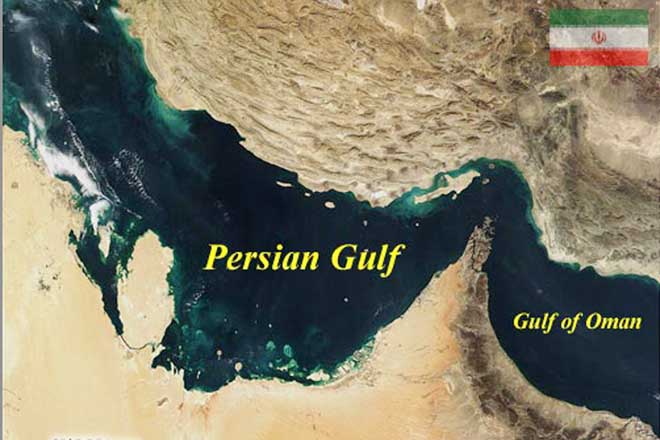Azerbaijan, Baku, April 27 /Trend, T.Konyayeva/
Arab Gulf states, not relying on U.S. support, try to band together to discourage Iran from interfering in their internal affairs, said Philip Carl Salzman, Anthropology Professor at the McGill University.
"They (Saudi Arabia and Bahrain) are so worried by the flaccid American response to Iran that they have more or less given up on American support. It seems to me most likely that the Arab Gulf states will try to band together to resist Iran," Salzman, Scientific Researcher of the Fund for Democracy Protection, wrote in an e-mail to Trend.
On Tuesday, April 26, the Foreign Ministry of Bahrain demanded from Hoja Alla Rahmani, the Iranian Embassy's Second Secretary, to leave the country within 72 hours due to having links to the actions of Iranian espionage network, Al-Jazeera quoted a Bahraini source as reporting.
Bahraini Foreign Ministry also demanded from Iran to stop interfering in the internal affairs of Cooperation Council for the Arab States of the Gulf (GCC) members, describing such actions of Iran as a "serious violation of the international law and a threat to security and stability in the region".
According to Salzman, the governments of Saudi Arabia and Bahrain correctly view Iran as a hostile power, and are trying to discourage Iran from interfering further.
"Iran has been busy expanding its power geographically. One good tool for this is local Shia populations, e.g. those in southern Lebanon that have become Hezbollah, and those in Iraq. Both Bahrain and Saudi Arabia (Yemen too) have Shia populations, in these cases populations not in power," he said.
Salzman believes Iran can use these populations in those countries, not to establish friendly relations, but to undermine the governing power, either to neutralize it, or bring it under Iranian influence.
Strained relations between Iran and its neighbor Arab states have complicated lately to a larger extent since the beginning of anti-government rallies of Shias, who constitute 75 percent of population of Bahrain and demand for greater political rights.
Bahraini officials asked GCC member states to send additional troops to combat protesters. Following the request, several countries, including Saudi Arabia sent hundreds of their troops to Bahrain.
Iran backed the protesters and condemned the deployment of GCC troops, which took an active part in the suppression of Shias' riots in Bahrain. As a response, GCC states accused Tehran of interfering with their internal affairs.
At a meeting in Riyadh last week, GCC Foreign Ministers urged the international community and UN Security Council to put an end to "Iran's provocative actions designed to inflame dissension between Shias and Sunnis in the Gulf Arab States". Iran, for its part, demanded from the UN Security Council to provide the protection of opposition activists in Bahrain and stop cruel suppression of Bahraini people's demonstrations by authorities.
Saudi Deputy Foreign Minister, Emir Turki bin Muhammed stated early last week that Saudi Arabia could recall its diplomatic team from Tehran because of repeated attacks by Iranian demonstrators who protest the deployment of Saudi troops in Bahrain.
Saudi Foreign Ministry last month warned the Iranian Ambassador to Riyadh that the Saudi Government expresses its official protest in connection with attacks against the Saudi Embassy in Tehran.






